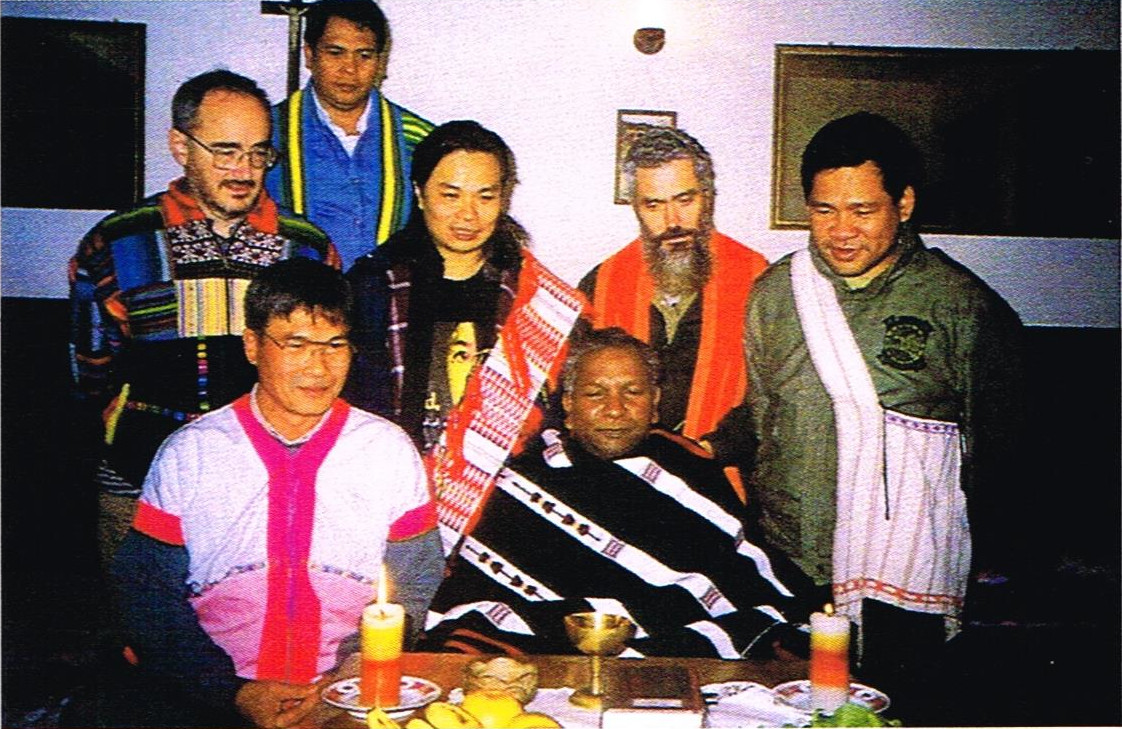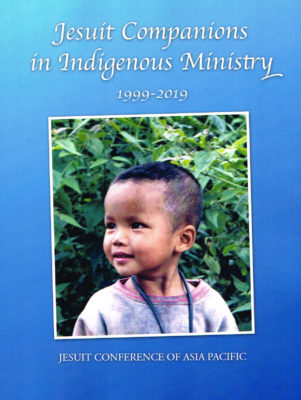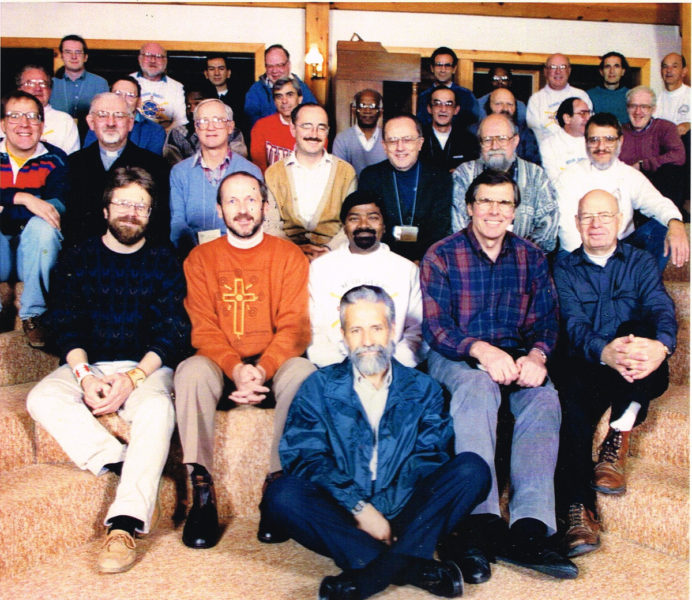
The Jesuit Companions in Indigenous Ministry (JCIM) celebrates 20 years with a selection of articles that highlight the experiences and learning of the ministry these past two decades.
 Formed in 1999 a few years after the landmark international meeting of Jesuits working in Indigenous ministry held at Anishinabe, Canada, JCIM has been gathering every couple of years in various countries in Asia Pacific where Indigenous peoples can be found and where Jesuits are already engaged in Indigenous work.
Formed in 1999 a few years after the landmark international meeting of Jesuits working in Indigenous ministry held at Anishinabe, Canada, JCIM has been gathering every couple of years in various countries in Asia Pacific where Indigenous peoples can be found and where Jesuits are already engaged in Indigenous work.
“The book contains a summary of those gatherings and village live-ins as well as edited versions of significant documents that may have ensued from them,” writes Fr Barry Martinson SJ in his preface to the book Jesuit Companions in Indigenous Ministry 1999-2019.
Fr Martinson, who compiled the articles in the anthology, says that the entries “show a progression of thought from the primary role of a Jesuit as ‘evangeliser’ to one who is also ‘evangelised by’ those he comes in contact with, especially the Indigenous People”.
Included in the selection is the keynote address of then Superior General Fr Peter-Hans Kolvenbach SJ entitled “Living People, Living Gospel”.
“[His] prescient remarks at the opening of the Anishinabe Conference in 1993 about the importance of ‘walking with’ Native Peoples are echoed in the 2019 Universal Apostolic Preferences,” writes Fr Martinson.

Also in the book is a summary of the document that came out of the first gathering in Chingchuan, Taiwan in 1999, which focused on three important things: finding God present in Indigenous Peoples; acknowledging the issues and challenges surrounding Indigenous communities; and responding by cooperating with Indigenous Peoples and religious, non-government and civil society groups, and fostering interest among younger Jesuits to get involved in the ministry.
The 12 articles in the book cover the JCIM gatherings held in the last 20 years in Taiwan, Thailand, Malaysia, Philippines, Vietnam and Myanmar, but Fr Martinson points out that Jesuits also minister to Indigenous Peoples in other countries in Asia Pacific, such as Australia and Oceania, Cambodia, Timor-Leste and Indonesia.
“It is not within the scope of this booklet to document their ministries simply because JCIM gatherings have not been held in those countries,” he explains. “Nor does this booklet cover the admirable educational endeavours by Jesuits in schools, learning centres and training programmes for Indigenous youth throughout the region.”
Indeed, JCIM has done more work in engaging with ethnic groups than the pages of the book could possibly document. Its purpose is to inspire young Jesuits to engage in the ministry.
“We hope the book will inspire Jesuit formands to consider the Indigenous Peoples’ apostolate as their future ministry,” shared Fr Bros Flores SJ who assumed the role of JCIM Coordinator in July from Fr Jojo Fung SJ who held the post for 20 years. Fr Flores said that JCIM will try to make sure that all formation houses will be provided a copy of the book.

